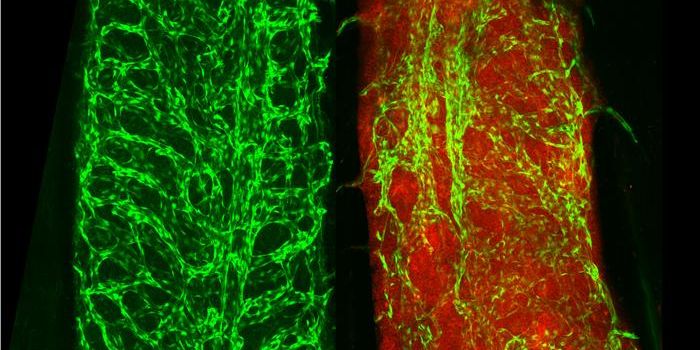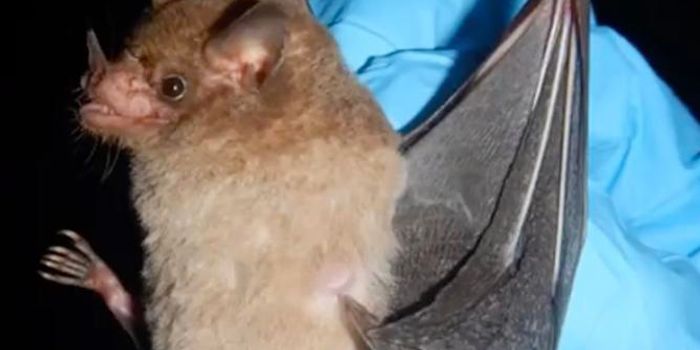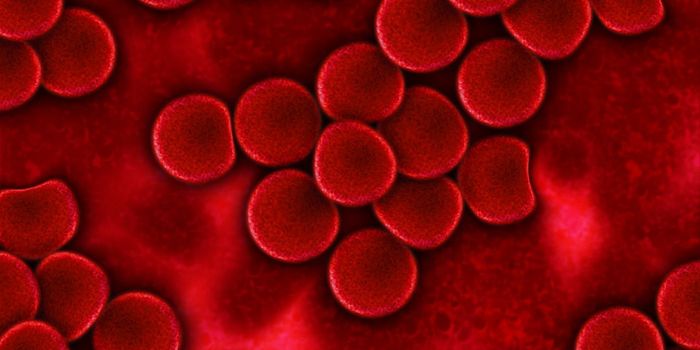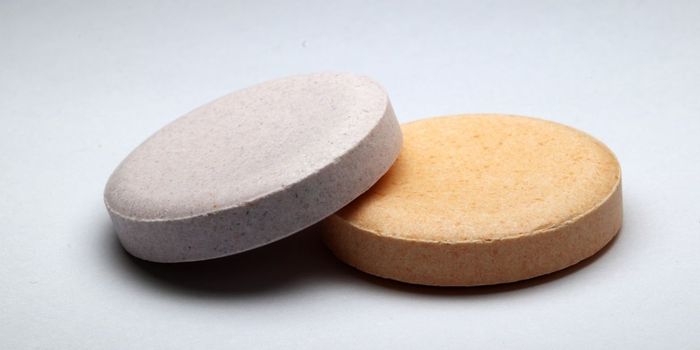Sick Children and Cannabis: A Hospital Offers a Lifeline to Parents
A new report in the journal Pediatrics gets the conversation going on a much under-reported area: sick children being administered cannabis.
The report describes the approach of one hospital—the Children’s Hospital, Colorado—to the issue. At this facility, medics don’t themselves prescribe medical marijuana to patients, but kids inevitably come along who are already taking it. (Where the law stands in Colorado is that children under 18 can use cannabis if two separate physicians certify to a medical need, and parents give consent.)
Knowing that some kids may end up hospitalized who are being given cannabis under the radar, the hospital created a consultation service to give families information and create a culture of openness around the drug. "[We didn’t] want to just say, 'no, you can't do this in the hospital,' because that's not right," Dr David Brumbaugh, the hospital’s associate chief medical officer told HealthDay in an interview. Also, Brumbaugh added, families might continue to use it without telling medical staff, which could of course cause drug interactions and endanger a child.
The Pediatrics paper documents the experiences of the first 50 children who have been seen by this new consultation service, 80 percent of whom had cancer. Parents who were giving medical marijuana, or thinking about it, were usually seeking help for dealing with their child's nausea and vomiting, appetite loss or pain.
The majority of the 50 children were taking CBD (cannabidiol) only products, but this doesn't necessarily mean the products are safe, especially given the FDA found recently that almost half of CBD products actually contain some THC (tetrahydrocannabinol), the psychoactive compound in cannabis.
In fact, of the 50 unwell youngsters, consultations deemed medical marijuana potentially unsafe for 64 percent, almost always because of possible interactions with their medications.
Parents were often advised to change the timing of the medical marijuana, to make interactions less likely. In one-fourth of cases, the advice was to avoid the products altogether.
Such ventures as the Colorado Children’s Hospital one are to be applauded as, so often, cannabis use is covert. While the drug is legal both medically and recreationally in many states, it's hard to study, because federal law still deems it a schedule 1 drug—meaning no accepted medical use and a high potential for abuse.
Source: HealthDay, U.S. News & World Report









